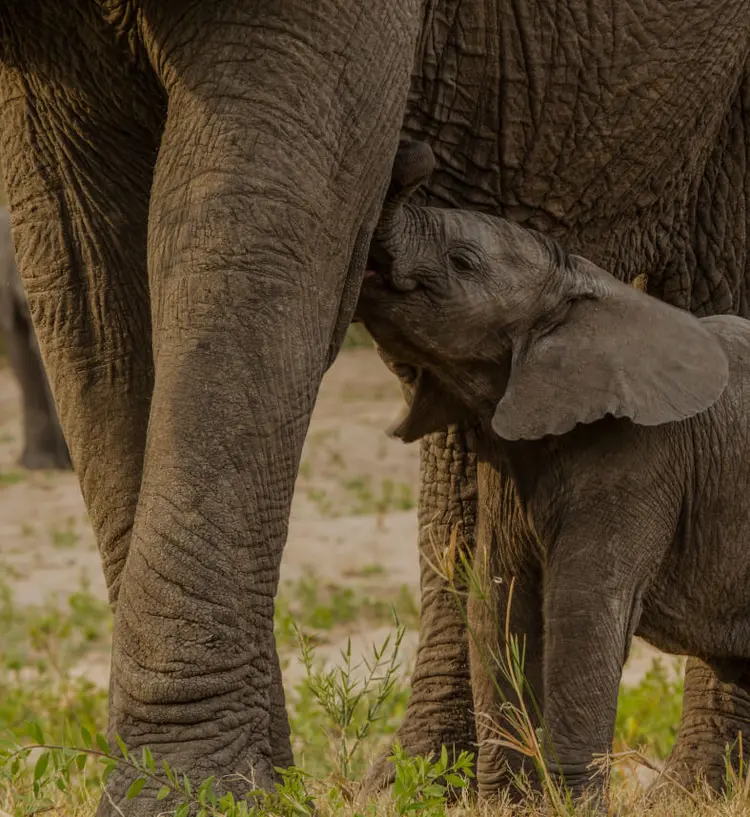Book your stay directly with Jock Safari Lodge for the best rates.

Book your stay directly with Jock Safari Lodge for the best rates.
Not ready to make a booking just yet? Submit a travel enquiry and our team will be in touch.
If we take a journey back in time to the 12th November 2016 we recall the devastation of finding a 6 month old rhino calf wandering around the Jock Concession by itself. The Jock Environmental Monitoring Unit (JEMU) instinctively knew that the mother has passed, a possible carcass was later found– killed by poachers for her horns.
Thanks to the teams quick reaction in contacting the SANParks Regional Section Ranger and bringing through the helicopter, the small calf was darted and airlifted to Care for Wild Africa. A Rhino Sanctuary, close to the Kruger National Park whose commitment shows no limits when it comes to the rescue, care and rehabilitation of rhinos. The calf was aptly names Jemu, after the Jock team that was contributory to her rescue.
While the story begins on a tragic note, due to the commitment of the CALEO Foundation to the preservation and protection of wildlife we were able to change the outcome around for little Jemu. The CALEO Foundation has generously sponsored the maintenance costs of Jemu since her rescue in 2016, enabling her to flourish and grow from strength to strength under the protection of Care for Wild Africa. The creation of the Jock Environmental Monitoring Unit and the sponsorship Jemu is of just one of the ways in which we can demonstrate the Foundations commitment to protecting threatened ecosystems and endangered wildlife.
Jemu exceeded all expectations and consistently gained weight from 226kgs on her arrival to 411kgs in a year. She made friends and soon Zac, Jemu, Spirit and Grey were inseparable, enjoying runs, mud baths and afternoon siesta’s together.
Jemu and her friends were fully weaned in March 2018 in a process to distance them from their human caregivers. The group reacted perfectly to the separation and started responding to human approaches in a more natural and ‘wild’ way, by being more suspicious and hesitant, choosing rather to move away instead of approaching the caregiver.
The crash’s rehabilitation and reintroduction into a natural environment was a slow but steady process, with reintroductions into larger enclosures with access to roam and graze freely in the natural veld. In September 2018, Jemu and her crash were consuming roughly 80- 100kg’s of food per night as well as munching through a 350kg teff bale in the day area per week. Its hungry work being a rhino!
With much awaited anticipation the crash of fortunate rhino friends were released in January 2019 to the wild within the CFW Intensive Protection Zone where they are in the safe hands of their rhino monitors and their anti-poaching units. It is small success stories like this that give our teams the focus and dedication to continue forward in their fight against poaching.
It was the great team effort by everyone involved that ensured that this little one had a fighting chance, typically infant rhino’s that lose their mothers will only survive one or two nights in the wild before succumbing to stress or being killed by lion or hyena. In these desperate times every rhino’s life that we can save will contribute to the longevity and sustainability of the species for the enjoyment for future generations to come.
